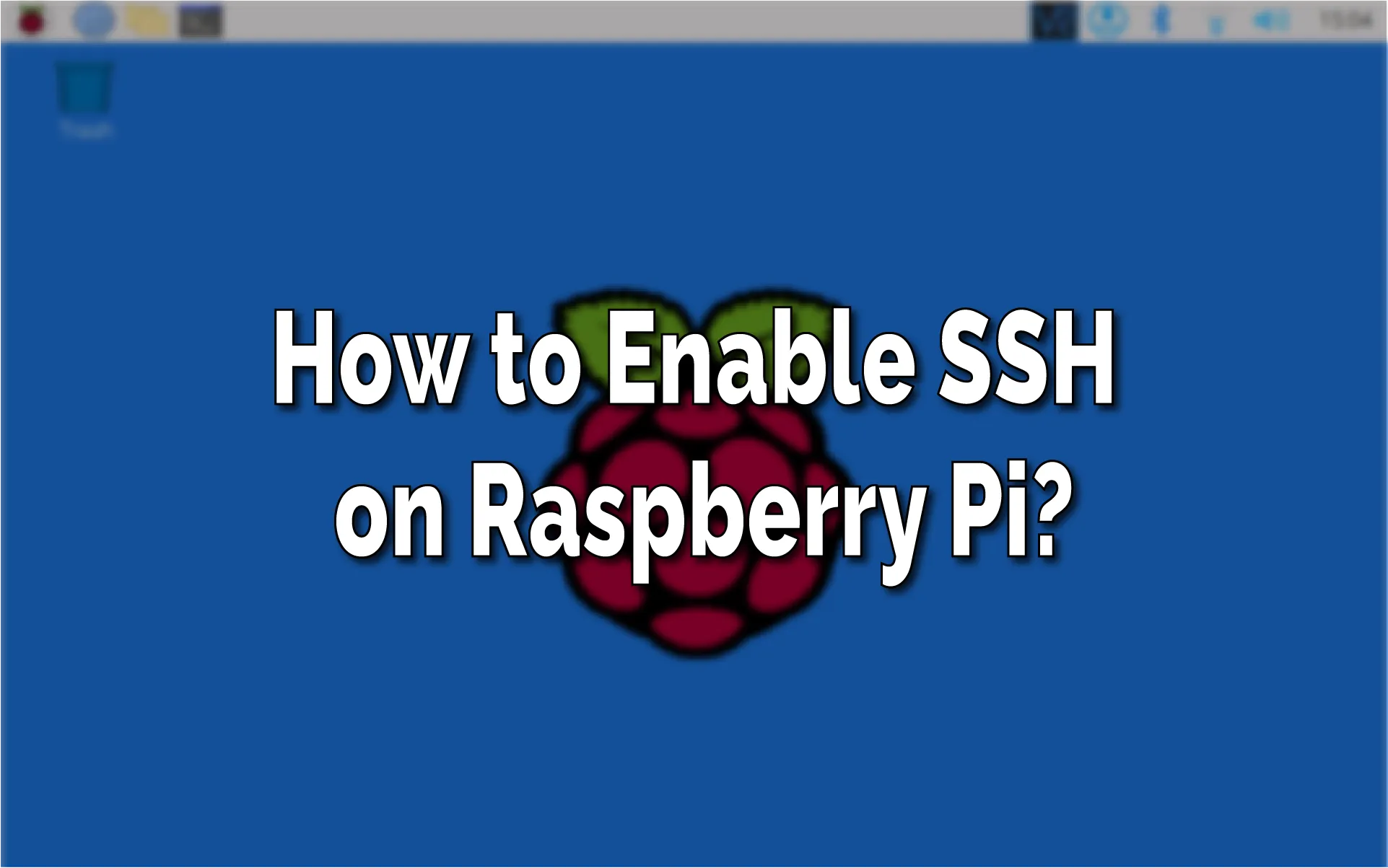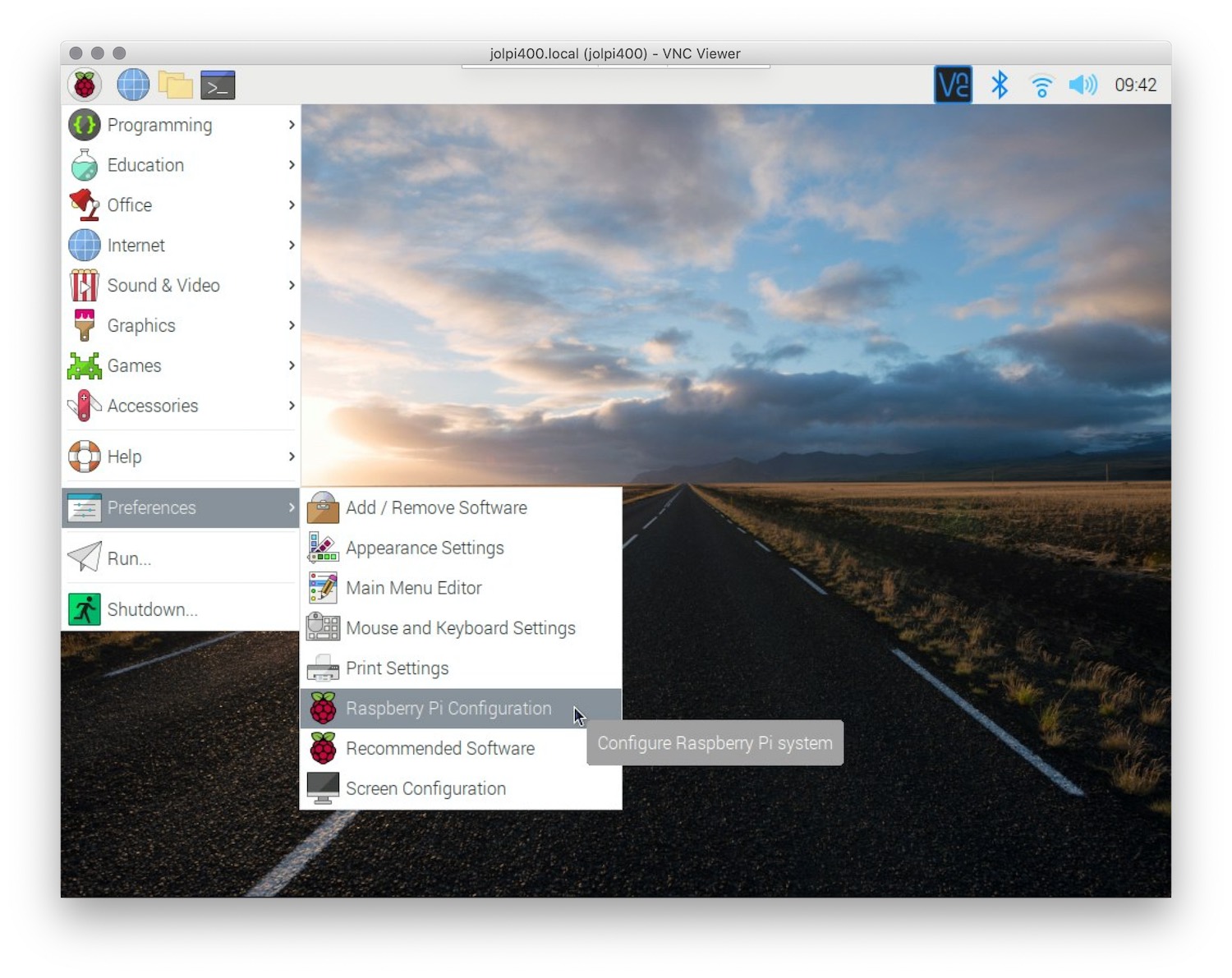Managing SSH keys on a Raspberry Pi can be a challenging task, especially for beginners. However, with the RemoteIoT platform, this process becomes seamless and efficient. RemoteIoT is a cloud-based platform designed to simplify device management, including SSH key management, for Raspberry Pi users. Whether you're a developer, hobbyist, or enterprise user, RemoteIoT offers a free and robust solution to streamline your IoT projects. In this article, we will explore the features, benefits, and step-by-step instructions for using RemoteIoT to manage SSH keys on your Raspberry Pi.
SSH (Secure Shell) is a critical protocol for securely accessing and managing remote devices like Raspberry Pi. Proper SSH key management ensures the security and accessibility of your devices, preventing unauthorized access and potential breaches. With RemoteIoT, you can easily generate, store, and deploy SSH keys without the need for complex configurations. This platform is particularly useful for IoT projects, where multiple devices need to be managed simultaneously.
In the following sections, we will delve deeper into the RemoteIoT platform, its features, and how it can help you manage SSH keys effectively. We will also provide practical examples, tips, and best practices to ensure your Raspberry Pi remains secure and accessible. By the end of this article, you will have a comprehensive understanding of how RemoteIoT can enhance your IoT workflow.
Read also:Bruno Mars Partner A Deep Dive Into His Personal And Professional Life
Table of Contents
- Introduction to RemoteIoT
- Key Features of RemoteIoT
- Why Use SSH Keys for Raspberry Pi?
- Step-by-Step Guide to Managing SSH Keys
- Benefits of Using RemoteIoT
- Security Best Practices for SSH Key Management
- Comparison with Other SSH Key Management Tools
- Use Cases for RemoteIoT in IoT Projects
- Frequently Asked Questions
- Conclusion
Introduction to RemoteIoT
RemoteIoT is a cloud-based platform designed to simplify device management for IoT projects. It offers a user-friendly interface and a wide range of features, including SSH key management, remote access, and device monitoring. The platform is compatible with various devices, including Raspberry Pi, making it an ideal choice for IoT enthusiasts and professionals alike.
One of the standout features of RemoteIoT is its ability to generate and manage SSH keys securely. SSH keys are essential for establishing secure connections between your local machine and remote devices. By using RemoteIoT, you can eliminate the need for manual key generation and configuration, saving time and reducing the risk of errors.
RemoteIoT is free to use for basic features, making it accessible to hobbyists and small-scale projects. For larger projects or enterprise users, the platform offers premium plans with advanced features and support. Whether you're managing a single Raspberry Pi or a network of IoT devices, RemoteIoT provides a scalable solution to meet your needs.
Key Features of RemoteIoT
RemoteIoT offers a variety of features that make it a powerful tool for managing Raspberry Pi devices. Below are some of its key features:
- SSH Key Management: Generate, store, and deploy SSH keys with ease.
- Remote Access: Access your Raspberry Pi devices from anywhere using a secure connection.
- Device Monitoring: Monitor the status and performance of your devices in real-time.
- Scalability: Manage a single device or a network of devices with ease.
- User-Friendly Interface: Intuitive design for both beginners and advanced users.
SSH Key Management
RemoteIoT simplifies the process of managing SSH keys by automating key generation and deployment. This feature ensures that your Raspberry Pi devices remain secure while reducing the complexity of manual configurations.
Why Use SSH Keys for Raspberry Pi?
SSH keys provide a secure and efficient way to access your Raspberry Pi devices. Unlike passwords, SSH keys are nearly impossible to brute-force, making them a preferred choice for secure connections. Below are some reasons why SSH keys are essential for Raspberry Pi:
Read also:Guess My Nationality By Face Unveiling The Science And Ethics Behind Facial Recognition
- Enhanced Security: SSH keys use cryptographic algorithms to ensure secure connections.
- Automation: SSH keys allow for passwordless logins, streamlining automation tasks.
- Convenience: Once set up, SSH keys eliminate the need to remember or enter passwords.
Comparison with Password Authentication
While password authentication is straightforward, it is vulnerable to brute-force attacks and requires frequent updates. SSH keys, on the other hand, provide a higher level of security and convenience, making them ideal for Raspberry Pi projects.
Step-by-Step Guide to Managing SSH Keys
Managing SSH keys on your Raspberry Pi using RemoteIoT is a straightforward process. Follow the steps below to get started:
- Create an Account: Sign up for a free RemoteIoT account on their official website.
- Connect Your Raspberry Pi: Follow the platform's instructions to connect your Raspberry Pi device.
- Generate SSH Keys: Use the RemoteIoT interface to generate SSH keys for your device.
- Deploy Keys: Deploy the generated keys to your Raspberry Pi for secure access.
- Test the Connection: Verify that the SSH connection is working correctly.
Troubleshooting Common Issues
If you encounter any issues during the setup process, RemoteIoT provides a comprehensive troubleshooting guide. Common issues include incorrect key deployment and connectivity problems, which can often be resolved by following the platform's instructions.
Benefits of Using RemoteIoT
RemoteIoT offers numerous benefits for Raspberry Pi users, including:
- Time-Saving: Automates SSH key management and other device management tasks.
- Cost-Effective: Free for basic features, making it accessible to hobbyists.
- Scalability: Suitable for managing a single device or a large network of devices.
- Security: Ensures secure connections and protects against unauthorized access.
Enterprise Use Cases
For enterprise users, RemoteIoT provides advanced features such as multi-user access, detailed analytics, and priority support. These features make it an ideal solution for large-scale IoT projects.
Security Best Practices for SSH Key Management
To ensure the security of your Raspberry Pi devices, follow these best practices for SSH key management:
- Use Strong Passphrases: Protect your SSH keys with strong passphrases.
- Limit Access: Restrict SSH access to trusted IP addresses.
- Regularly Update Keys: Periodically regenerate SSH keys to enhance security.
Additional Security Measures
In addition to SSH key management, consider implementing other security measures such as firewalls, intrusion detection systems, and regular software updates to further protect your devices.
Comparison with Other SSH Key Management Tools
While there are several SSH key management tools available, RemoteIoT stands out due to its user-friendly interface and comprehensive features. Below is a comparison of RemoteIoT with other popular tools:
| Feature | RemoteIoT | Tool A | Tool B |
|---|---|---|---|
| SSH Key Management | Yes | Yes | Yes |
| Remote Access | Yes | No | Yes |
| Device Monitoring | Yes | No | No |
| Free Version | Yes | Yes | No |
Why Choose RemoteIoT?
RemoteIoT offers a unique combination of features, ease of use, and affordability, making it the ideal choice for managing SSH keys on Raspberry Pi devices.
Use Cases for RemoteIoT in IoT Projects
RemoteIoT is suitable for a wide range of IoT projects, including:
- Home Automation: Securely manage smart home devices.
- Industrial IoT: Monitor and control industrial equipment remotely.
- Education: Teach IoT concepts and device management in educational settings.
Real-World Examples
Many organizations and individuals have successfully implemented RemoteIoT in their IoT projects. For example, a smart agriculture company used RemoteIoT to manage sensors and automate irrigation systems, resulting in increased efficiency and reduced costs.
Frequently Asked Questions
Below are some frequently asked questions about RemoteIoT and SSH key management:
Is RemoteIoT Free to Use?
Yes, RemoteIoT offers a free version with basic features. Premium plans are available for advanced users.
Can I Use RemoteIoT with Other Devices?
Yes, RemoteIoT is compatible with various devices, including Raspberry Pi, Arduino, and more.
How Secure is RemoteIoT?
RemoteIoT uses industry-standard encryption and security protocols to ensure the safety of your devices and data.
Conclusion
RemoteIoT is a powerful and user-friendly platform for managing SSH keys on Raspberry Pi devices. Its features, affordability, and ease of use make it an ideal choice for both beginners and professionals. By following the steps outlined in this article, you can secure your Raspberry Pi devices and streamline your IoT projects.
If you found this article helpful, feel free to leave a comment or share it with others. For more information about RemoteIoT and its features, visit their official website and explore their resources. Start managing your SSH keys with RemoteIoT today and take your IoT projects to the next level!

